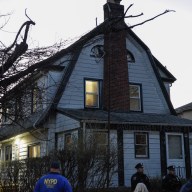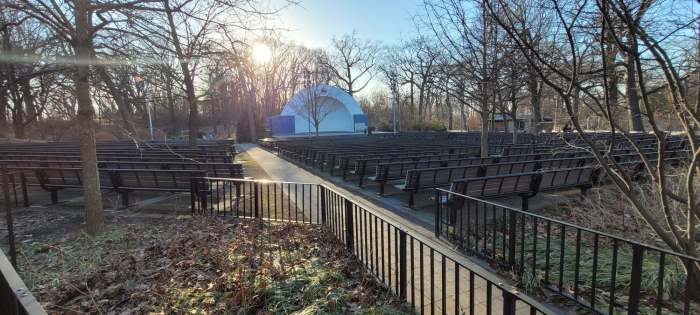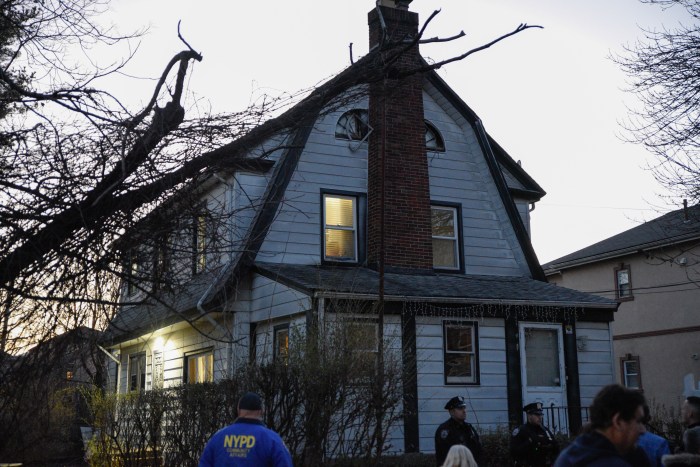By Joan Brown Wettingfeld
One of the earliest black composers to make his mark in the musical world was James Bland, who was born in Flushing on Oct. 27, 1854. A number of his songs have become virtual folk songs of America and Bland's talents have been compared to those of Stephen Foster.Though Bland was to achieve fame abroad, his talent was not to be recognized here until the early years of the 20th century. He was not born in the South and made few trips there, but he composed what is considered the official song of the state of Virginia, “Carry Me Back To Old Virginny.” He also wrote ” In The Evening By the Moonlight, ” which was known and beloved by millions here and abroad. Among the several hundred of his musical compositions is the popular “Oh, Dem Golden Slippers.”He was the son of Allen Bland, a native of North Carolina who came from a long line of freed slaves as did his wife. Well-educated, the elder Bland attended Oberlin College and later was one of the first freed slaves to become president of a college, Wilberforce College in Ohio. He was a pioneer as well as a black serving in a government office, for he was appointed the first black examiner in the Patent Office after the family moved to Washington, D.C.Young James Bland attended Howard University and later entered law school, but music was his real interest and in 1875 he wrote, “Carry Me Back To Old Virginny,” which brought him to the notice of the musical world. Soon after, he joined the well-regarded Kersand's minstrels and met with great success as their “end-man.”His love for music above all else had begun when his parents purchased a banjo for $8 and gave it to him for his 12th birthday. His early memories of black banjo players captivated his imagination and was to determine his dream to sing and play and eventually write that kind of music. That banjo set the stage for the thrust of his life. Although he neglected his academic studies, his music was to bring him fame.Bland eventually left Kersand's group and joined another group touring Europe. It was to become a turning point in his life. The British were enthralled by the minstrels' performances and James Bland was to become a favorite of England's Prince of Wales, the future King Edward of England. He received an excellent salary, which enabled him to live quite well as he toured England and Scotland. While he toured he continued to write songs and ballads. He is said to have written more than 500 songs, including several in which he published the lyrics in German. He was much sought after to entertain in famous clubs and restaurants in England and on the Continent.A composer, lyricist, skit writer, and banjoist, Bland was also an inventor who improved the banjo. In 1901, after a successful career and life abroad but having extended himself financially, he set sail for home. By the time he arrived back in the United States the era of the minstrel show had waned as had the memory of his name and fame. Discouraged and despondent, he returned to Philadelphia. Little is known of his last years.He died in 1912 but his gravesite remained a mystery. It was located in Merion Cemetery in Pennsylvania through the efforts of Dr. James Francis Cooke, editor of the music magazine, Etude, and those of Professor Kelly Miller of Howard University. In July 1946 Bland's long-forgotten accomplishments were recalled and a granite memorial was dedicated to his memory.Joan Brown Wettingfeld is a historian and free-lance writer.
































